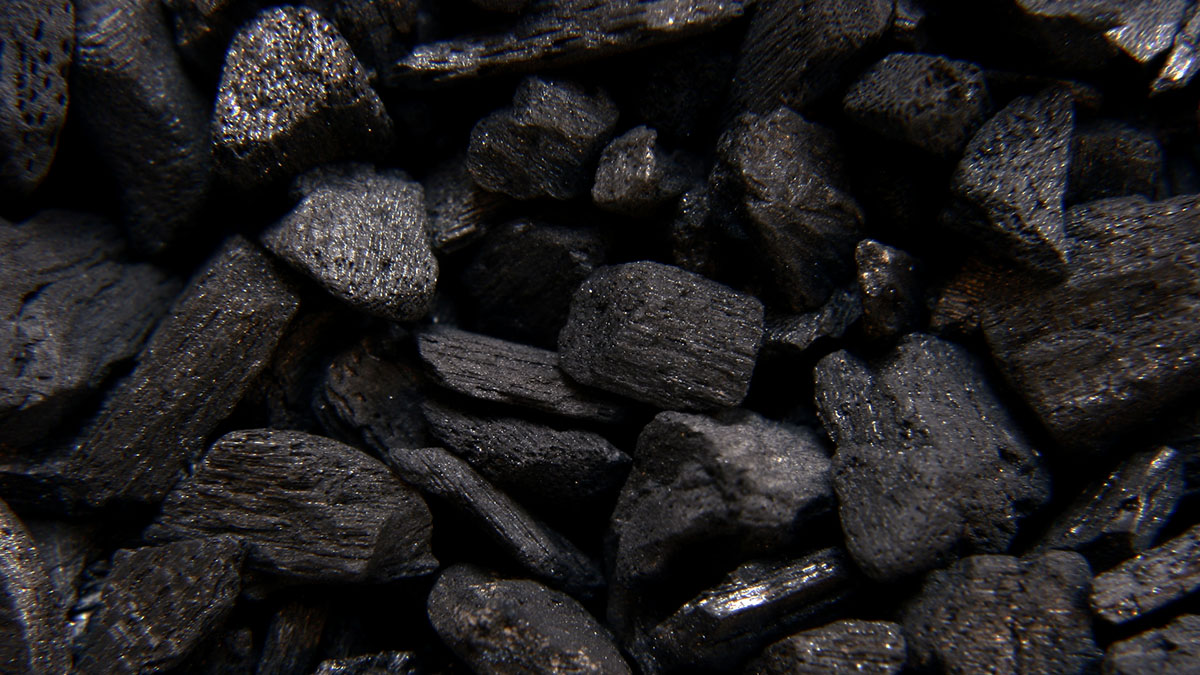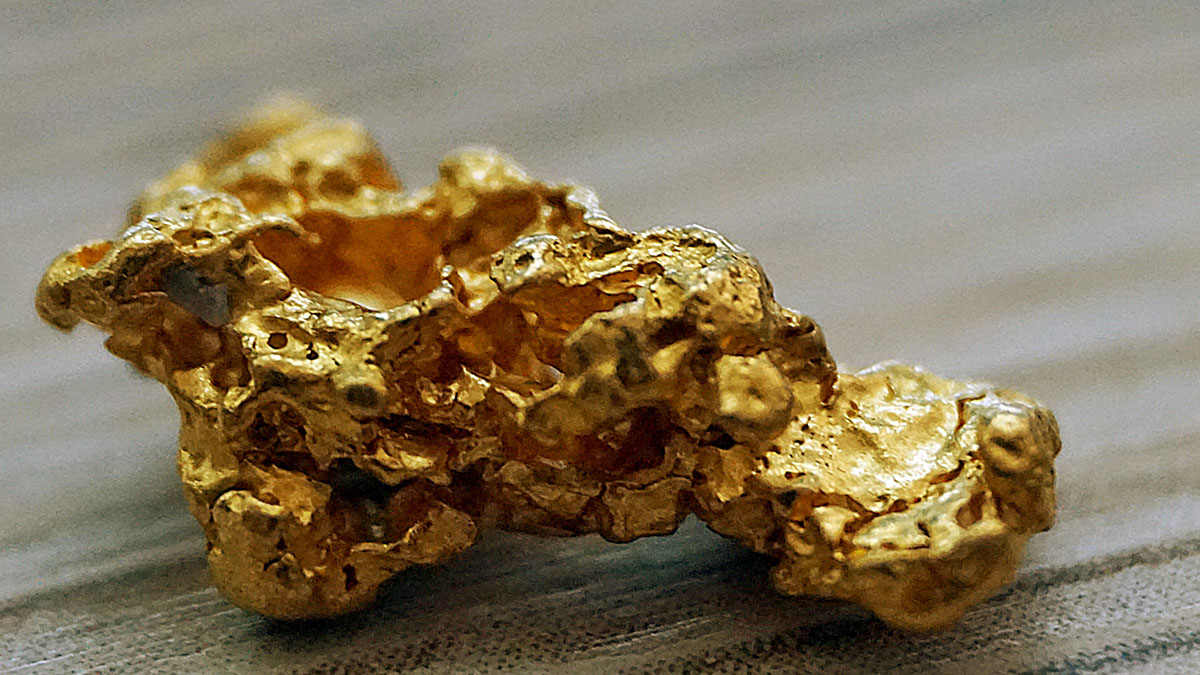The Mines and Minerals (Development and Regulation) Amendment Bill, 2023, was passed by the Rajya Sabha today, marking a significant milestone in the country’s efforts to enhance exploration and mining of critical minerals. The Bill, which had already been approved by the Lok Sabha on July 28, 2023, will now be sent to the President of India for assent.
The Mines and Minerals (Development and Regulation) Act, 1957, was first amended in 2015 to introduce transparency in the allocation of mineral resources and has undergone several subsequent amendments to address emergent issues. The latest amendment aims to further reform the mineral sector, particularly focusing on the exploration and extraction of critical minerals that are crucial for economic development and national security.
Critical minerals such as lithium, graphite, cobalt, titanium, and rare earth elements are essential for the advancement of technologies driving India’s commitment to energy transition and achieving net-zero emissions by 2070. However, the lack of availability of these minerals or their concentration in a few geographical areas poses significant supply chain vulnerabilities and potential disruptions in the future global economy.
The Mines and Minerals (Development and Regulation) Amendment Bill, 2023 introduces major reforms in the mining sector to address these challenges:
1. Omission of 6 minerals from the list of atomic minerals: The Bill proposes to remove lithium-bearing minerals, titanium-bearing minerals and ores, beryl and other beryllium-bearing minerals, niobium and tantalum-bearing minerals, and zirconium-bearing minerals from the list of atomic minerals. This will open up exploration and mining opportunities for these minerals to the private sector, thereby increasing their availability and reducing the country’s dependence on imports.
2. Empowering Central Government to exclusively auction mineral concessions for critical minerals: The amendment empowers the Central Government to exclusively auction mining lease and composite licenses for certain critical minerals, including molybdenum, rhenium, tungsten, cadmium, indium, gallium, graphite, vanadium, tellurium, selenium, nickel, cobalt, tin, platinum group of elements, and minerals of the “rare earth” group (excluding Uranium and Thorium). Although the auction will be conducted by the Central Government, the mining lease or license will be granted by the State Government, ensuring the revenue from these auctions accrues to the respective State Government.
3. Introducing exploration license for deep-seated and critical minerals: The Bill introduces a new mineral concession called the Exploration License (EL), which will permit the license holder to undertake reconnaissance and prospecting operations for critical and deep-seated minerals. These minerals include copper, gold, silver, diamond, lithium, cobalt, molybdenum, lead, zinc, and others. The introduction of the EL is expected to attract foreign direct investment (FDI) and encourage participation from junior mining companies, bringing advanced technology and expertise to mineral exploration.
These reforms are believed to not only bolster exploration and mining activities for critical minerals but also foster growth in the new-age electronics, clean energy, infrastructure, and defence sectors. By reducing import dependence and enhancing domestic exploration, India aims to secure a stable supply of critical minerals essential for its economic growth and transition to a sustainable future.













